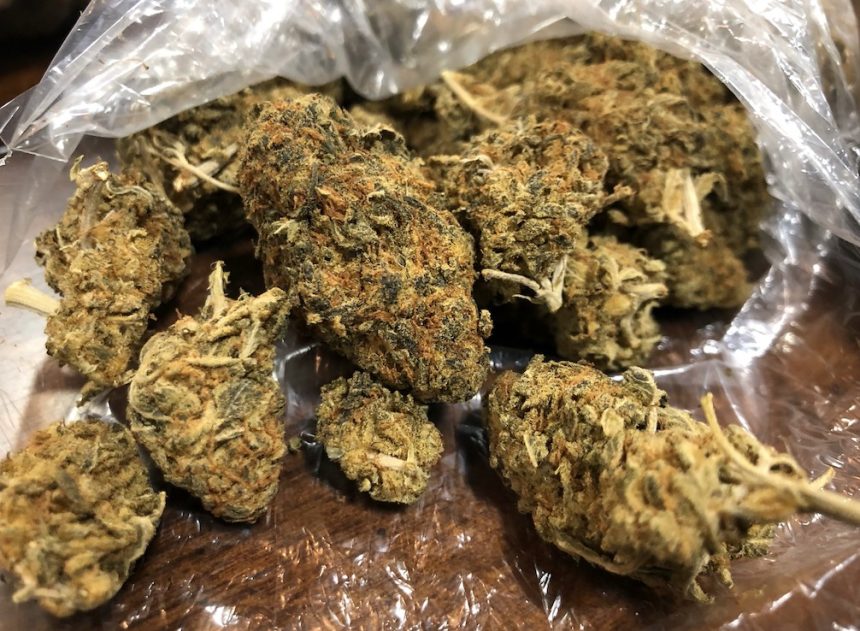After a failed vote, a motion to reconsider, and a few lengthy recesses, the Mississippi Senate passed the ‘Mississippi Medical Cannabis Act’—a fail-safe of sorts for the state’s entrance into legalizing medical marijuana.
In November, an overwhelming majority of Mississippians voted to adopt Initiative 65 over the legislative alternative, 65A. Originally introduced as a program that would operate alongside I65, the bill was amended to the point where it will only take effect should the grassroots initiative be struck down by the Mississippi Supreme Court where it is currently being challenged by the city of Madison.

The bill’s author, Senator Kevin Blackwell, took time on the Senate floor to explain the necessity of the legislation.
“This bill in front of you does not replace Initiative 65. It is not a substitute for Initiative 65… Because 65 has had several lawsuits, there is a chance that it could fail, and if it fails, so does the will of 74% of our population that voted for it…In the case that 65 should be struck down by the courts, then this bill would take its place,” he explained before noting its similarities to the initiative.
Since its introduction, the bill has also been amended to increase the amount of marijuana one can receive from 1.5 to 2.5 ounces in a 14-day period—the same as I65. The list of qualifying conditions also matches the initiative with the inclusion of hepatitis, Alzheimer’s and spastic quadriplegia. Additionally, the list of medical professionals that could prescribe medical marijuana would be expanded.
Critics of Initiative 65 have taken issue with the lack of revenue it would provide to the state with its proceeds only furthering the program. Senator Blackwell’s bill would place a 7% sales tax on medical marijuana—docked from 10% as originally introduced—to be placed into an education fund.
Should Initiative 65 take effect, the Mississippi State Department of Health, which has publicly opposed the program, will be tasked with overseeing it with a target launch date of August 2021 though that doesn’t mean medical marijuana would instantly be available at that time.







